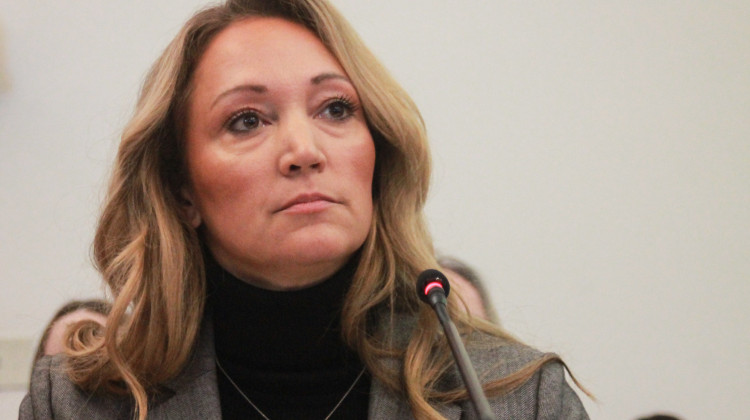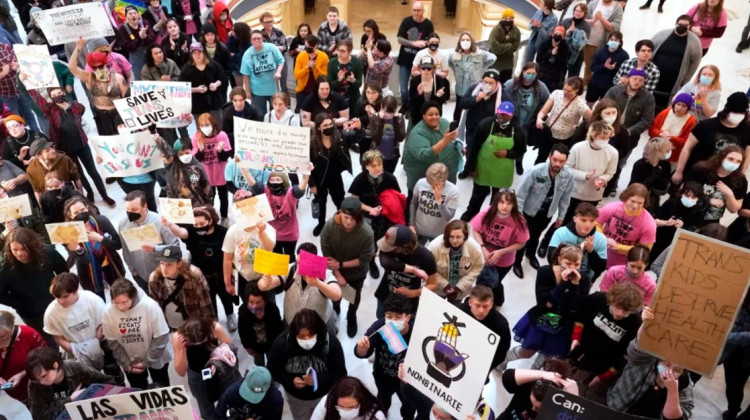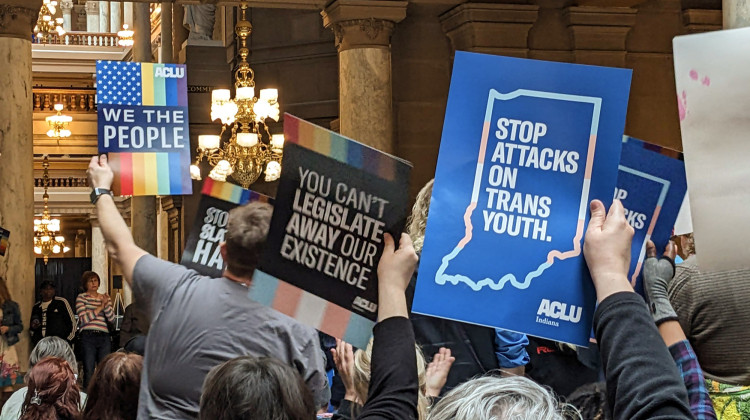The original proposal as it was amended to Senate Bill 461 would have allowed needle exchanges statewide. But the compromise that passed Wednesday first requires that a local health official to determine if there’s an HIV or hepatitis C epidemic in the county.
If needle sharing is to blame for the epidemic, a county government can ask the state health commissioner to declare a public health emergency, which would allow for a syringe exchange to operate locally.
The number of people infected with HIV continues to grow in Scott County. Earlier this week, more than 140 people had tested positive. To try and prevent similar outbreaks from occurring in other counties, the General Assembly took action Wednesday on a bill that would allow needle exchanges in some counties. Needle exchanges allow drug users to trade their dirty needles for clean ones, and help reduce the spread of infections such as HIV.
Governor Mike Pence supports the legislation.
"I believe this gives both our public health community and our public safety community the legal framework to continue to address this public health emergency in Scott County and to be able to address, in medically appropriate ways, any future emergencies,” Pence says.
Dr. Beth Meyerson is co-director for the Rural center for AIDS/STD Prevention. She says it’s great the bill passed, but it’s only the first step.
“Now the rest of the marathon is going on, and we’re at mile 13," she says.
Because of the design of the request process, Meyerson says that there are many ways getting a needle exchange in a county could get held up. A county might worry about a possible stigma associated with a declared public health emergency, or a local health official might be ideologically opposed to exchanges. Or it could get stop at the state level.
“The science is there, I guess that’s the easy part," she says. "So I think the case could probably be made fairly easily. The question is whether it could be made and there’s a political will locally to make it and move through those hoops.”
Meyerson said she and many others in the public health community are eager to advise decision-makers through the process, both at the state and local levels.
 DONATE
DONATE









 Support WFYI. We can't do it without you.
Support WFYI. We can't do it without you.